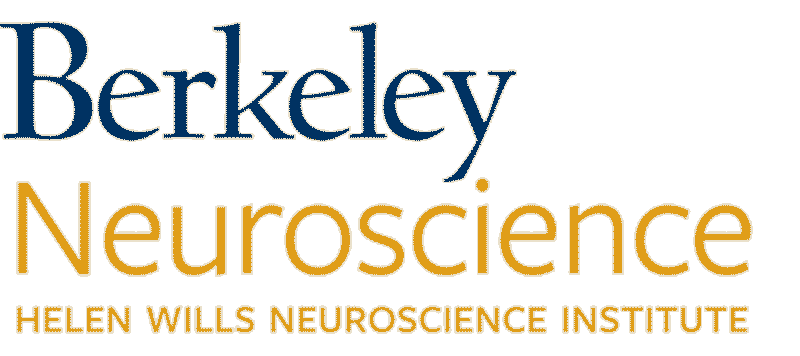In a NeuroView article published in Neuron, Professor of Neurobiology and Helen Wills Neuroscience Institute member Marla Feller makes the case that teaching undergraduates is not only personally satisfying, but also helps advance scientific research. 
Based on her 18 years as a research scientist and professor, Feller posits that the rewards of teaching undergraduates outweigh the challenges. These challenges include the time and attention teaching takes away from research, the lack of feedback about one’s teaching, and the added challenge for female instructors who are often judged more harshly and personally by students than their male counterparts.
But according to Feller, the benefits of teaching are well worth it. She says in the article that when students have “light bulb” moments of understanding, they “…remind me why I was drawn to science in the first place and why I continue to enjoy being a scientist.”
Additionally, Feller says that the process of developing curricula, particularly for a rapidly progressing field such as neuroscience, helps train students to think like scientists while also helping the instructor conceptualize and communicate their own research within a broader context. By teaching courses that she had never taken herself—like introductory biology—Feller says she has gained an understanding of fields outside of her area of expertise—such as immunology—that she can apply in novel ways to her own research.
Furthermore, Feller describes how teaching has led to having knowledgeable undergraduate researchers in her lab, who make important contributions to her research. Their presence also benefits her graduate students and postdoctoral fellows by prompting them to connect their research with the basic scientific principles that the undergraduates are learning in class. Finally, Feller says that teaching undergraduates how to think about science, and exciting and empowering them to explore their own questions, is an important investment in the next generation of scientists and the future of scientific discovery.
By Rachel Henderson
Additional Information
- Read the article in Neuron, “The Value of Undergraduate Teaching for Research Scientists” by Marla B. Feller (September 2018)
- Feller lab
- Read about Marla Feller receiving a 2018 Distinguished Faculty Mentor Award


